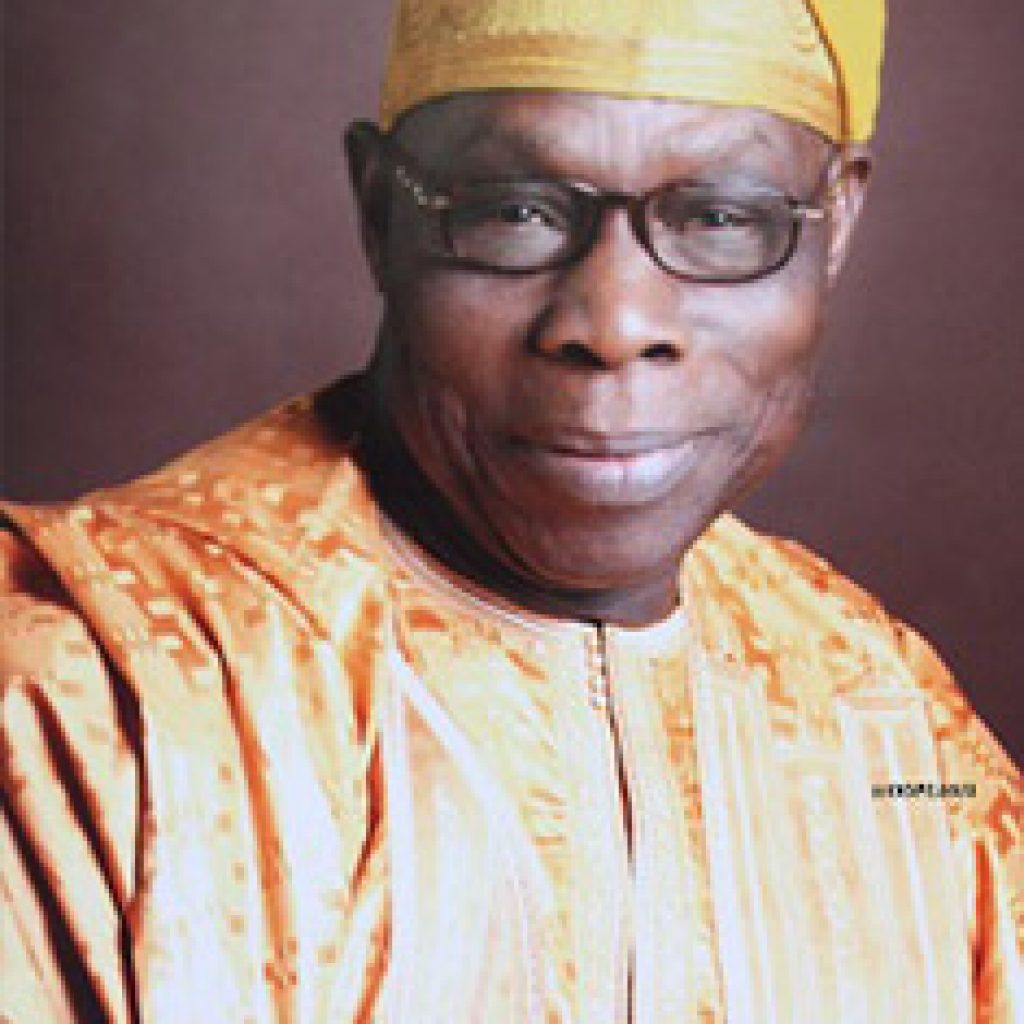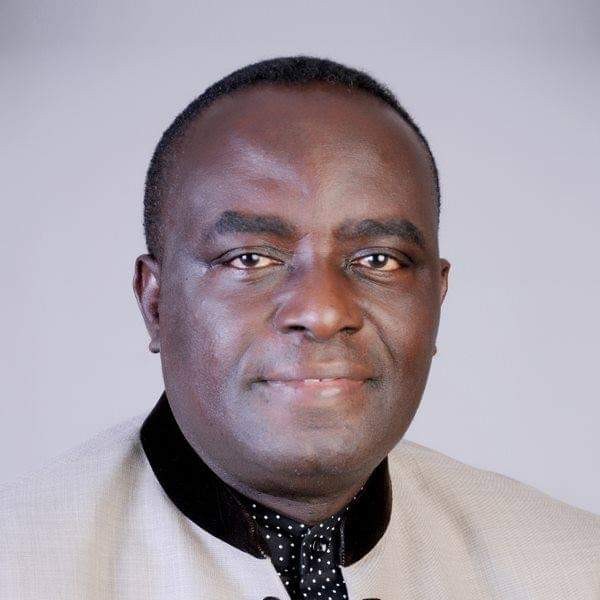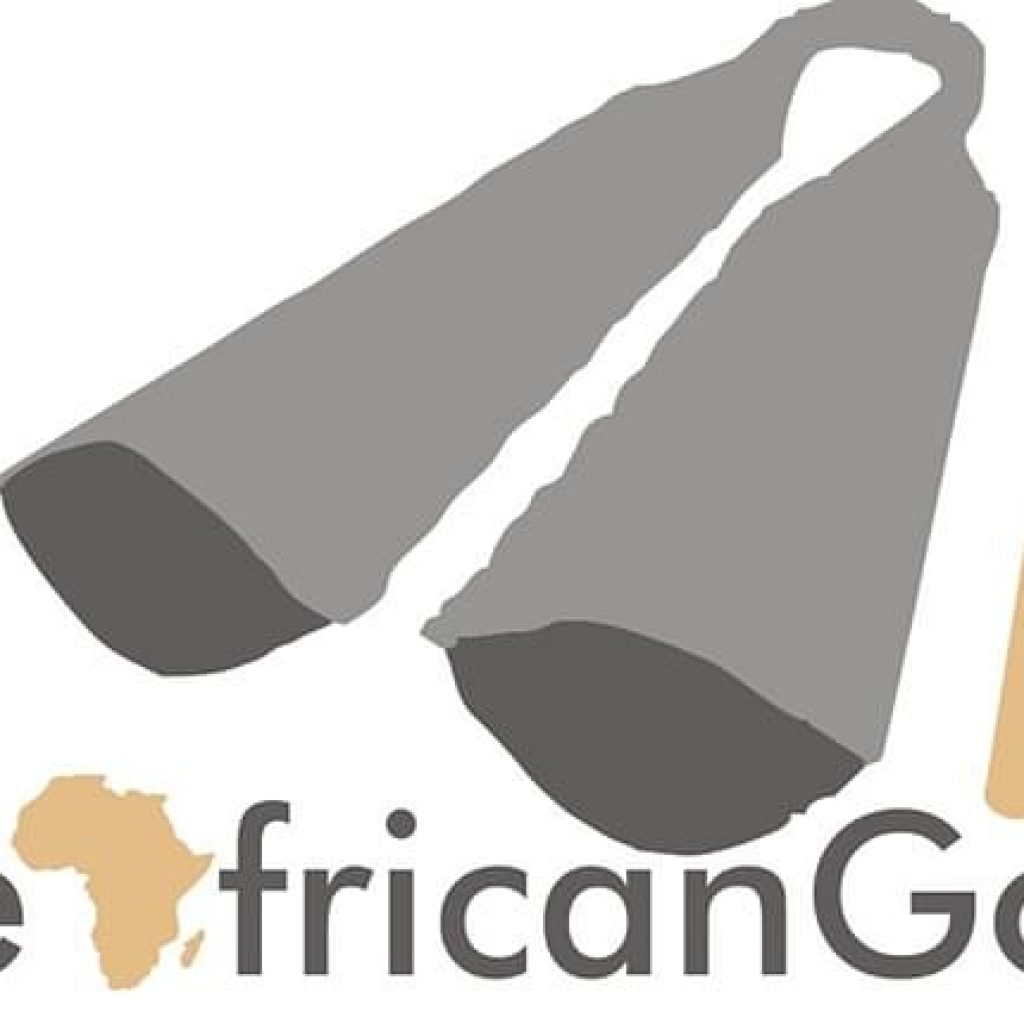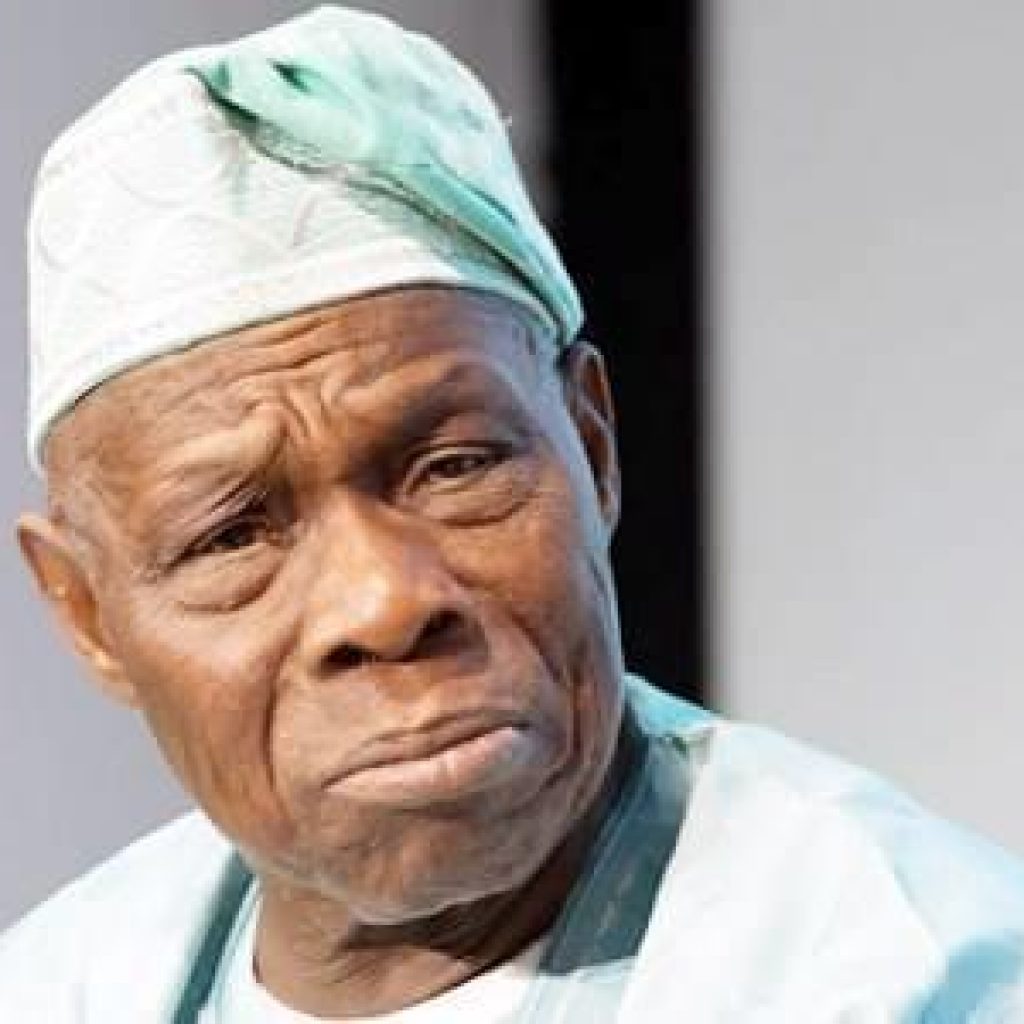Managing the huge and growing population of Africa to mae it an asset for the continent dominated discussions as stakeholders brainstormed on the matter at a Sensitization and Advocacy Workshop on Making Africa’s Population An Asset as a population-related human rights issue.
The two-day event organised by the Africa Progress Group (APG) and the Centre for Human Security and Dialogue of the Olusegun Obasanjo Presidential Library was held onsite and online and was facilitated by the Open Society Foundations based in the US with African Headquarters headed by Dr L Muthoni Wanyeki.
The workshop has a total of 293 participants from Benin, Botswana, Burundi, Cameroon, Cote d’Ivoire, DRC, Ghana, Malawi, Nigeria, Senegal and Republic of Togo. Several stakeholder groups from across the continent took part in the workshop including policy makers, political leaders, academia, civil society groups, human rights activists, women societies, youth organisations religious leaders and socio-cultural groups. Many members of the elite group of chartered higher education accreditors who are concerned with quality in higher education in the face of large numbers also took part in the event.
The Coordinator, Prof Peter Okebukola, a former Executive Secretary of the National Universities Commission, NUC and Chairman Governing Council of the National Open University of Nigeria, NOUN, in his welcome remarks described population management as a human rights issue.
This, he said is rested on the logic that effective management of populations is inextricably linked with rights to education, health, food security and other dimensions of human rights.
He said that population estimates predict that by 2050, of about 2.2 billion that will be added to the global population, and more than half would be in Africa, mostly contributed by the large populations of Nigeria, Kenya, South Africa, Ethiopia, Uganda, Tanzania, Egypt, and the Democratic Republic of Congo.
He pointed out that the continent had high population momentum as population growth was in excess of two percent every year and fertility rates were higher than in any other region of the world.
The former NUC boss added that about 41 percent of Africa’s 1.13 billion population were children below age 15 years and only about 4 percent were persons older than age 65. Nine of the 10 countries in the world with the highest proportion of population aged less than 15 years in 2020 were in Africa.
A major concern about African rapid population growth, he said, was that jobs, national infrastructures, social services, housing, health care facilities are not growing at an equally comparable rate.
This concern, he said, was being addressed by the Africa Progress Group (APG), a consortium of past African leaders and selected leaders of the public and private sectors in Africa and the leadership of the African Union Commission.
According to him, “APG is in league with UNFPA in the prosecution of the goal of making Africa’s population an asset. On August 17, 2021, the 2020 APG report on ‘Making Africa’s Population An Asset’ was launched by former President Olusegun Obasanjo who is chairman of APG, alongside UNFPA officials and Ambassadors/High Commissioners of several African countries
” As follow-up of the launch, there is now an urgent need to conduct sensitization and advocacy workshops on the promotion of population-related human rights activities in Africa based on the 2020 APG report
“The need to establish an index for measuring responsiveness and comparing the readiness of African countries to make population an asset was the basis for APG to initiate a unique measure of the level of national responsiveness in catering for the growing population
“How will the fast-growing population be educated? How will their food and nutrition; security and health security needs be assured? How will they be housed? How will their welfare and social security be catered for? These are some of the key questions to which answers should be urgently sought to avert the growing population being a burden. The task at hand, to make the population an asset, is to stay on the positive side of measures of socio-economic development.
“Responsiveness” in the context of the report is taken to mean ability to respond quickly or react appropriately and positively to developmental issues impacting population growth.
“Population As Asset Responsiveness Index (PARI) was developed to provide a single measure to capture key dimensions of human development that are strong predictors of population as an asset.
The findings on PARI show the relative ranking of the 54 countries in Africa on their level of responsiveness to making their populations an asset. It is clear that all countries are far from attaining complete responsiveness on all the dimensions. The expectation is that PARI will be a stimulus for each country to introspect on its performance and take urgent action towards remediation. PARI is anticipated to be an annual assessment and improvements made by each country will be tracked and reported, to celebrate and encourage progress, or urge action if progress is not discernible”.
The Special Guest of Honour at the event, H.E. Professor Sarah Agbor, said ex-president, Dr Olusegun Obasanjo’s sense of patriotism and seeking solutions to set Africa on the fast track in achieving the Africa we want by 2063 is seen in the APG report on making Africa’s population an asset.
Agbor, who is the Commissioner for Education, Science, Technology and Innovation, African Union Commission, Addis Ababa, noted that Africa is facing several pressures which have been further weakened by the COVID-19 pandemic, thus reversing gains made over the last decade.
This, she said, reinforces the urgency with which the matter should be addressed.
She said the proactive the approach of the APG to tackling this challenge is very significant and called on stakeholders to be committed in tackling the challenge.
Keynote addresses presented at the event are The Dimensions of Africa’s Population Boom: Past to Present by Professor Peter Ogunjuyigbe; Human Rights and the 2020 Population As Asset Responsiveness Index Report for Africa by Peter A. Okebukola; Women and Roles in Making Africa’s Population An Asset by Professor Goski Alabi (Ghana); The Youth and Roles in Making Africa’s Population An Asset by Dr. Fred Awaah (Ghana); and The Media and Roles in Making Africa’s Population An Asset by Professor Lai Osho.
The event featured plenary discussions on the keynote addresses and panel discussions for the two days among other activities.
END




